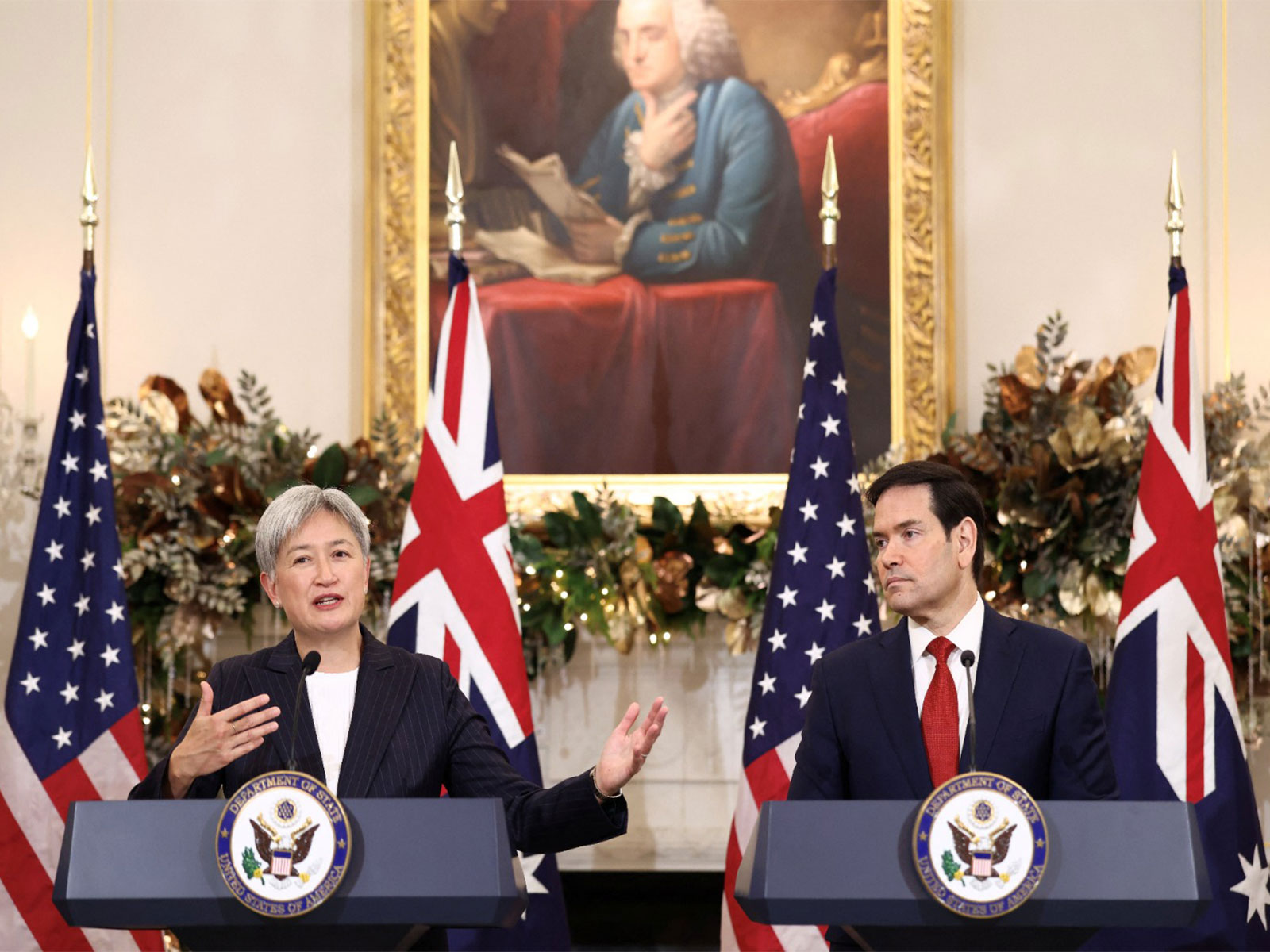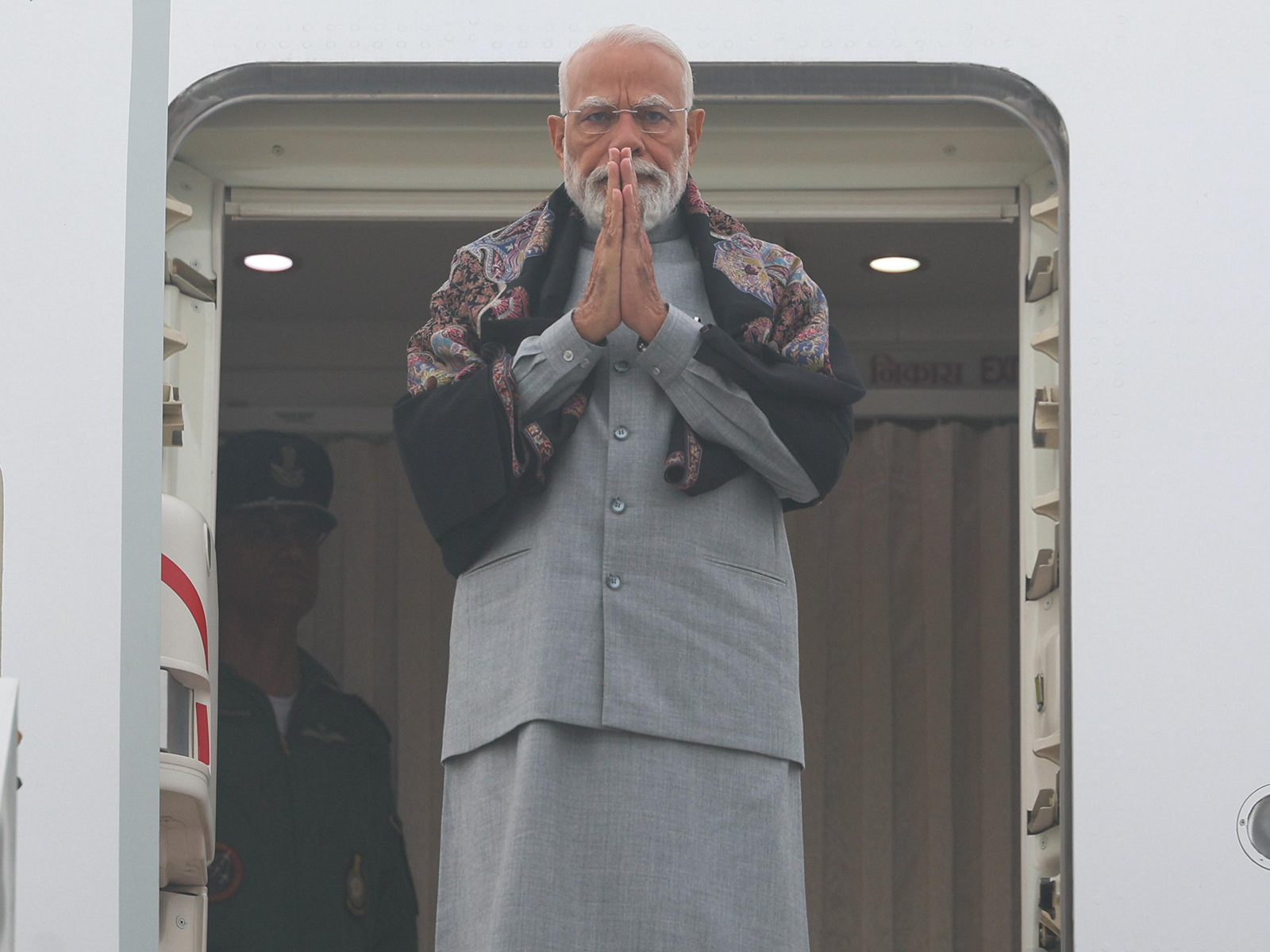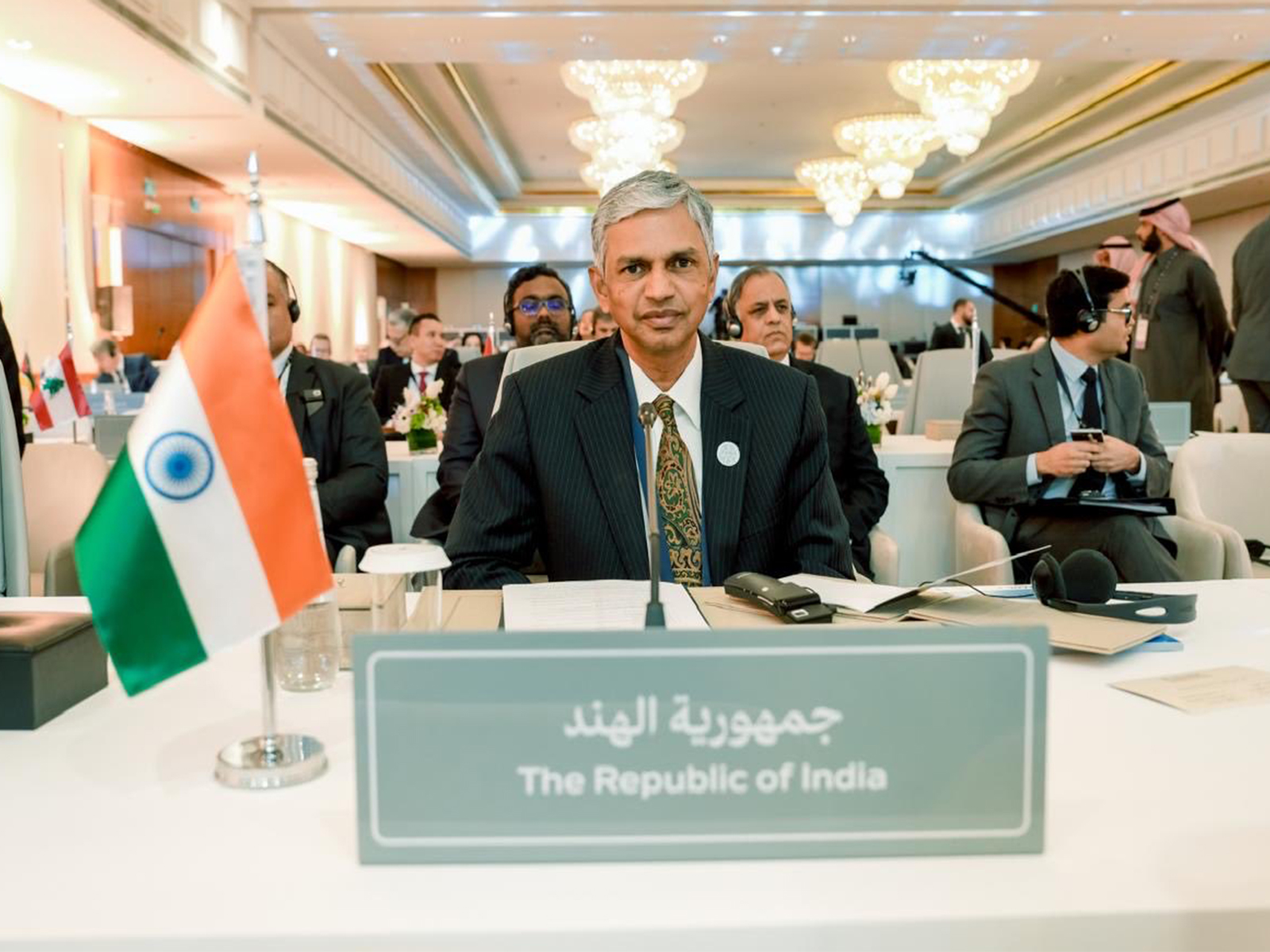US, Japan share concerns over status quo change in East, South China seas: Motegi
Mar 16, 2021

Tokyo [Japan], March 16 : Japanese Minister for Foreign Affairs Toshimitsu Motegi said on Tuesday that Tokyo and Washington share serious concerns over China's attempts to change the status quo in the East and South China seas.
"We conducted extensive discussion on the regional strategic environment, on the situation in China and agreed on the recognition that China's behavior was inconsistent with the existing international order ... presents serious challenges to the alliance and the international community," Motegi said at a meeting with US State Secretary Antony Blinken as quoted by Sputnik.
"We will oppose any unilateral action that seeks to change the status quo, including in the East and South China seas. We share serious concerns over China's coastguard law," Motegi added
In February, China enacted the law that permits China's coast guard to destroy other countries' structures and to use force when defending the country's maritime claims in disputed areas.
Over the past several years, China has increased its territorial and maritime claims in the Indo-Pacific region, overlapping with the interests of a number of nations.
In particular, Beijing has been locked up in a dispute with Tokyo over a string of uninhabited but resource-rich islets, known as the Senkaku Islands in Japan and the Diaoyu Islands in China.
In addition, Beijing has boosted the scale and frequency of its military drills in the Indo-Pacific, prompting the United States and its regional allies -- Japan, India and Australia -- to enhance strategic cooperation within the Quadrilateral Security Dialogue in response.
Blinken and US Secretary of Defense Lloyd Austin reaffirmed their commitment to cooperation with Japan, which they say is crucial for a free and open Indo-Pacific Region, and also stressed that the bond between the countries is based on shared values.
"For that trip, we come to Japan, because for over 60 years our alliance has been a cornerstone of peace, security and prosperity not only for our two countries but for the region and indeed for the world. We are here to reaffirm our commitment to this alliance ... to ensure that we keep delivering for our people today and for the future," Blinken said.
Austin, in turn, stressed that the US seeks to "build upon the resolute and resilient bond between our two countries."
The high-ranking official noted that the US Department of Defense stands "ready to buttress the hard work of diplomats."
Motegi pointed to the need to "cement peace, stability and prosperity as strategic goals of Japan and the US" in light of the "change in power balance." "The environment has entered a completely different dimension ... and the COVID-19 pandemic is fueling the trend," Motegi noted.
Japans's defense minister, Nobuo Kishi, noted that the bilateral partnership, which has been steadily developing in the past 10 years, should now be made even stronger, as the "security environment is becoming increasingly severe."
Indo-Pacific region is largely viewed as an area comprising the Indian Ocean and the western and central Pacific Ocean, including the South China Sea.
China's territorial claims in the South China Sea and its efforts to advance into the Indian Ocean are seen to have challenged the established rules-based system. China claims much of the South China Sea, but there are also overlapping claims by Brunei, Malaysia, the Philippines, Taiwan, and Vietnam.
China has built bases and other outposts on shoals, reefs and rock outcroppings to deepen its claim over 80 per cent of the 3.6 sq km waterway.




















